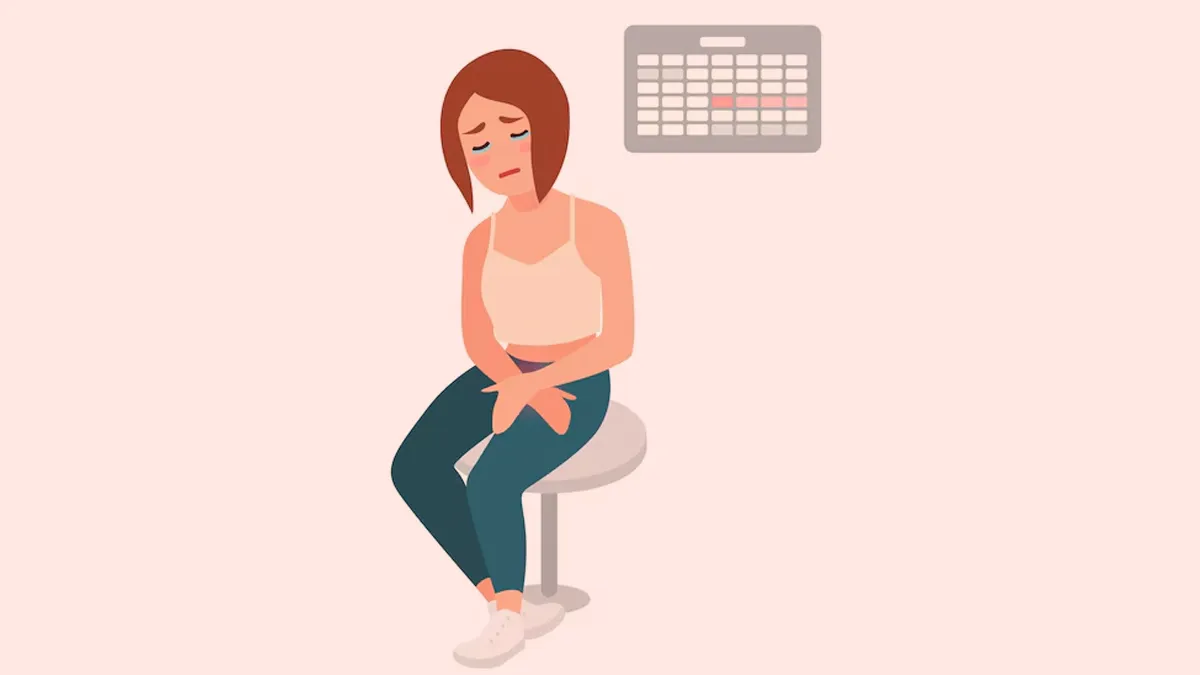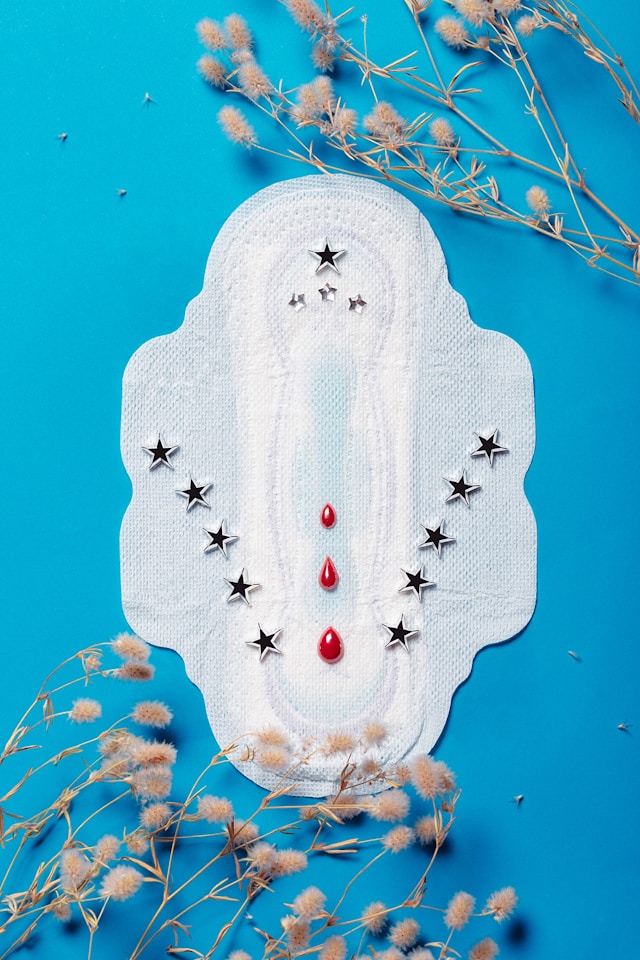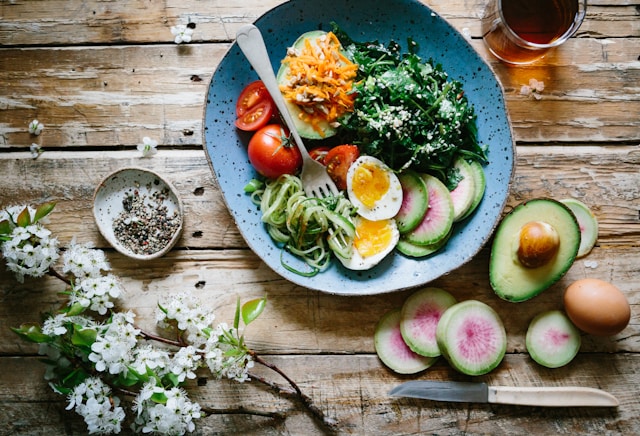
Tina Ahuja, daughter of bollywood actor Govinda, has sparked debate regarding menstrual health. She claimed that period cramps are all psychological and exist mostly for urban women. She added that women from smaller cities do not talk about or even recognise such discomfort. To address her claims we spoke to Dr Gorav Gupta, CEO & Senior Psychiatrist, at Tulasi Healthcare, Gurugram.
Dr Gorav said, “Period pain, also known as dysmenorrhea, is a common issue affecting many women during their menstrual cycles.” He highlighted that period pain is primarily caused by the contraction of the uterus as it sheds its lining. Prostaglandins, hormone-like substances involved in pain and inflammation, trigger these contractions. High levels of prostaglandins are associated with more severe menstrual cramps.

According to Dr Gorav, while period pain is primarily a physiological response, the psychological aspect cannot be ignored. Stress and emotional well-being significantly impact pain perception. Women experiencing high levels of stress may report more intense menstrual pain. This is not to say that period pain is purely psychological, but rather that psychological factors can exacerbate physical symptoms.

Dr Gorav mentioned that emerging evidence suggests that diet can play a crucial role in managing menstrual discomfort. Certain foods and nutrients have been found to alleviate symptoms, while others may worsen them.
Don't Miss: How Are Depression And Menstrual Pain Correlated? Doctor Weighs In
Dr Gupta recommends incorporating anti-inflammatory foods into the diet can help reduce period pain. Foods rich in omega-3 fatty acids, such as salmon, flaxseeds, and walnuts, have anti-inflammatory properties that can decrease prostaglandin levels. Additionally, fruits and vegetables high in antioxidants, like berries, leafy greens, and nuts, can help reduce inflammation and pain.
Magnesium is known for its muscle-relaxing properties. Dr Gorav recommends consuming magnesium-rich foods such as dark leafy greens, nuts, seeds, and whole grains can help alleviate muscle cramps, including those experienced during menstruation.

Dr Gupta Vitamin B6, found in foods like bananas, potatoes, and fortified cereals, can help reduce menstrual pain by balancing hormone levels. Vitamin E, present in nuts, seeds, and green vegetables, has been shown to reduce the severity of menstrual cramps.
Don't Miss: Exercise During Periods: Expert Guides On Dos and Don'ts
Dr Gupta recommends staying hydrated for overall health and reducing bloating and cramps. He suggests herbal teas, particularly those containing ginger and chamomile, have anti-inflammatory and muscle-relaxing properties that can soothe menstrual pain.

For more such stories, stay tuned to HerZindagi.
Image Courtesy: Freepik/Unsplash
Also watch this video
Herzindagi video
Our aim is to provide accurate, safe and expert verified information through our articles and social media handles. The remedies, advice and tips mentioned here are for general information only. Please consult your expert before trying any kind of health, beauty, life hacks or astrology related tips. For any feedback or complaint, contact us at compliant_gro@jagrannewmedia.com.